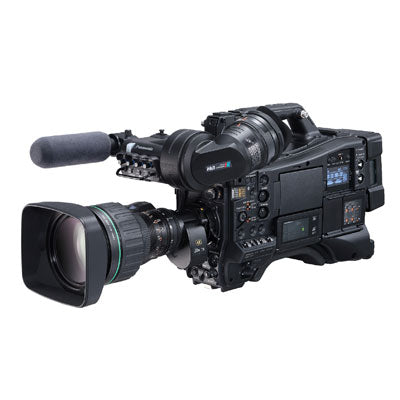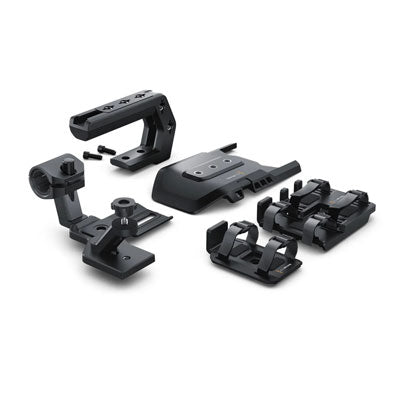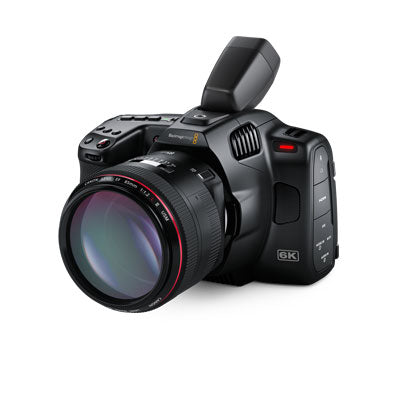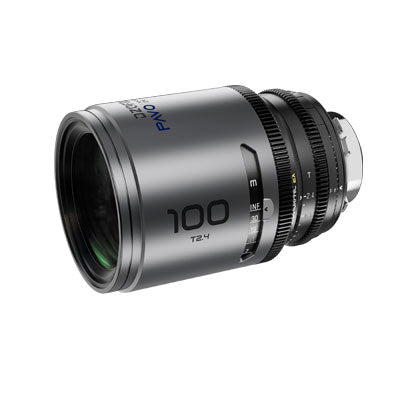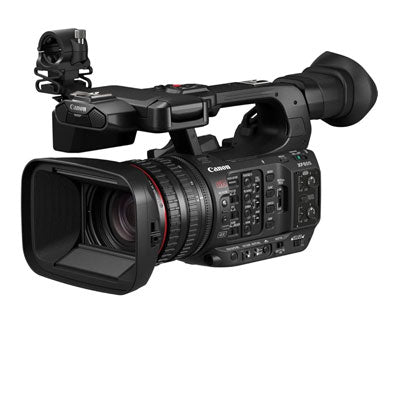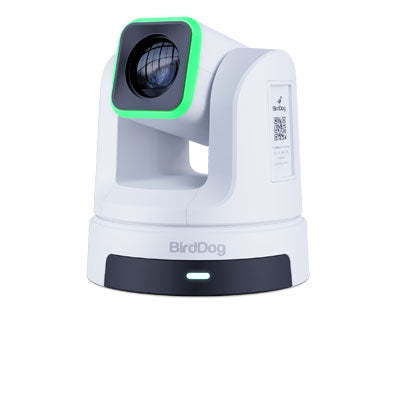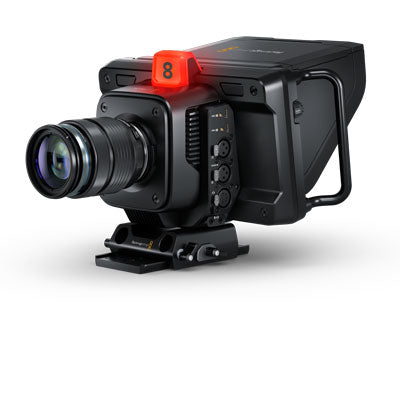NewTek NDI Bandwidth and Speed Requirement
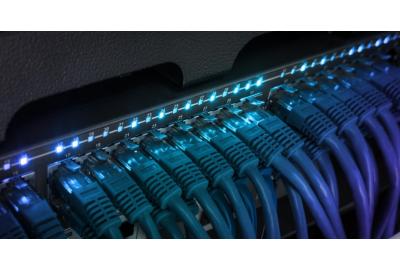
Network Layout
NDI is intended to work seamlessly with standard consumer off-the-shelf (COTS) network infrastructure devices. Examining the network topology and configuration in detail will help guarantee that the highest possible bandwidth is accessible.
When choosing a network switch, it's crucial to consider the throughput speeds. Make sure that every port supports full duplex (meaning it can communicate in both directions) and that the data speeds for both upstream and downstream are a minimum of 1 Gigabit per second (Gbps). In certain situations, it is preferable to set the ports on managed switches to operate at 1 Gbps instead of relying on Auto-Negotiation. Auto-Negotiation can occasionally lead to 100Mb connections or even lower, often due to incompatible Network Interfaces. This situation typically does not renegotiate until the port experiences a significant amount of traffic for a while. Poor termination of RJ-45 connectors can also affect Auto-Negotiation.
The same recommendation holds true when looking at network switches that feature 10 Gigabit per second ports. Numerous switches produced during this period might distribute bandwidth across the backplane of several ports. These ports are typically designated for connections to other switches, so the throughput specifications might be presented differently compared to the Gigabit port section in the product documentation.
Using switches from the same manufacturer, or preferably the same model, across a single subnet is the most effective approach. This will make configuration easier and reduce the likelihood of compatibility and configuration problems.
Bandwith
NDI works best in a dedicated network that offers high bandwidth and high availability. This is different from unmanaged environments like the public Internet or networks where video travels alongside data without any prioritization.
Gigabit (1000 Mbps) networks play a crucial role in production workflows. An NDI stream with 1080 60P video can reach a data rate of up to 150 Mbps for each stream. This highly effective stream is crafted to maintain minimal latency and enables the stacking of multiple streams on a single Gigabit network. Nonetheless, a production environment might need additional capacity depending on the number of NDI streams being used at the same time.
The tables below are designed to help determine bandwidth requirements according to video resolutions and frame rates. It is important to point out that NDI does not operate in a deterministic manner. The bandwidth required for NDI should be determined by assessing the average utilization needed.
NDI Bandwidth Information
| Resolution Framerate | Maximum Bandwidth Mbps | Proxy Resolution Framerate | Maximum Bandwidth Mbps |
|---|---|---|---|
| 720 50p | 96.94 | 640x360 60p | 65.83 |
| 720 60p | 105.83 | 640x360 60p | 65.83 |
| 1080 50i | 102.50 | 640x360 30p | 18.75 |
| 1080 60i | 112.50 | 640x360 30p | 18.75 |
| 1080 50p | 125.59 | 640x360 60p | 65.83 |
| 1080 60p | 132.14 | 640x360 60p | 65.83 |
| 3840x2160 50i | 158.33 | 640x360 30p | 18.75 |
| 3840x2160 60i | 171.42 | 640x360 30p | 18.75 |
| 3840x2160 50p | 223.80 | 640x360 60p | 65.83 |
| 3840x2160 60p | 249.99 | 640x360 60p | 65.83 |
| Resolution Framerate | Maximum Bandwidth Mbps | Proxy Resolution Framerate | Maximum Bandwidth Mbps |
|---|---|---|---|
| 720 50p | 121.18 | 640x360 60p | 82.29 |
| 720 60p | 132.29 | 640x360 60p | 82.29 |
| 1080 50i | 128.12 | 640x360 30p | 23.43 |
| 1080 60i | 140.62 | 640x360 30p | 23.43 |
| 1080 50p | 156.99 | 640x360 60p | 82.29 |
| 1080 60p | 165.17 | 640x360 60p | 82.29 |
| 3840x2160 50i | 197.91 | 640x360 30p | 23.43 |
| 3840x2160 60i | 214.28 | 640x360 30p | 23.43 |
| 3840x2160 50p | 279.76 | 640x360 60p | 82.29 |
| 3840x2160 60p | 312.49 | 640x360 60p | 82.29 |
| Resolution Framerate | Maximum Bandwidth Mbps | Proxy Resolution Framerate | Maximum Bandwidth Mbps |
|---|---|---|---|
| 720 50p | 9.11 | 640x360 60p | 3.99 |
| 720 60p | 9.99 | 640x360 60p | 6.00 |
| 1080 50i | 9.66 | 640x360 30p | 3.99 |
| 1080 60i | 10.59 | 640x360 30p | 3.99 |
| 1080 50p | 14.20 | 640x360 60p | 6.00 |
| 1080 60p | 15.99 | 640x360 60p | 6.00 |
| 3840x2160 50i | 19.11 | 640x360 30p | 3.99 |
| 3840x2160 60i | 20.66 | 640x360 30p | 3.99 |
| 3840x2160 50p | 26.88 | 640x360 60p | 6.00 |
| 3840x2160 60p | 30.00 | 640x360 60p | 6.00 |
| Resolution Framerate | Maximum Bandwidth Mbps | Proxy Resolution Framerate | Maximum Bandwidth Mbps |
|---|---|---|---|
| 720 50p | 6.33 | 640x360 60p | 3.00 |
| 720 60p | 6.99 | 640x360 60p | 3.99 |
| 1080 50i | 6.75 | 640x360 30p | 3.00 |
| 1080 60i | 7.39 | 640x360 30p | 3.00 |
| 1080 50p | 9.80 | 640x360 60p | 3.99 |
| 1080 60p | 10.99 | 640x360 60p | 3.99 |
| 3840x2160 50i | 13.22 | 640x360 30p | 3.00 |
| 3840x2160 60i | 14.33 | 640x360 30p | 3.00 |
| 3840x2160 50p | 18.77 | 640x360 60p | 3.99 |
| 3840x2160 60p | 21.00 | 640x360 60p | 3.99 |
| Resolution Framerate | Maximum Bandwidth Mbps | Proxy Resolution Framerate | Maximum Bandwidth Mbps |
|---|---|---|---|
| 1080 50i | 26.00 | 640x360 25/30p | 3.00 |
| 1080 60i | 31.00 | 640x360 25/30p | 3.00 |
| 1080 50p | 52.00 | 640x360 25/30p | 3.00 |
| 1080 60p | 62.00 | 640x360 25/30p | 3.00 |
| 3840x2160 50p | 92.00 | 640x360 25/30p | 3.00 |
| 3840x2160 60p | 110.00 | 640x360 25/30p | 3.00 |
| Resolution Framerate | Maximum Bandwidth Mbps | Proxy Resolution Framerate | Maximum Bandwidth Mbps |
|---|---|---|---|
| 1080 50i | 20.00 | 640x360 25/30p | 3.00 |
| 1080 60i | 25.00 | 640x360 25/30p | 3.00 |
| 1080 50p | 41.00 | 640x360 25/30p | 3.00 |
| 1080 60p | 50.00 | 640x360 25/30p | 3.00 |
| 3840x2160 50p | 70.00 | 640x360 25/30p | 3.00 |
| 3840x2160 60p | 84.00 | 640x360 25/30p | 3.00 |
NDI Proxy and bandwidth optimization
By default, an NDI Sender can generate two types of streams: a full-quality stream and a proxy stream. A receiver can easily enable the proxy stream. One simple way to see a proxy stream in action is to use NDI Studio Monitor and enable the Low Bandwidth mode from the Video settings menu.
The Proxy stream provides a mechanism where an application can optimize the delivery of NDI in a network. For instance, an NDI Video Mixer might use the proxy stream for all sources that are to be used only in a preview monitor and not present on an actual output. If such a source is moved to an output, the application seamlessly switches from the proxy stream to the full bandwidth stream.
This enables the receivers to cope more effectively with many more sources of NDI at much lower network bandwidths.










